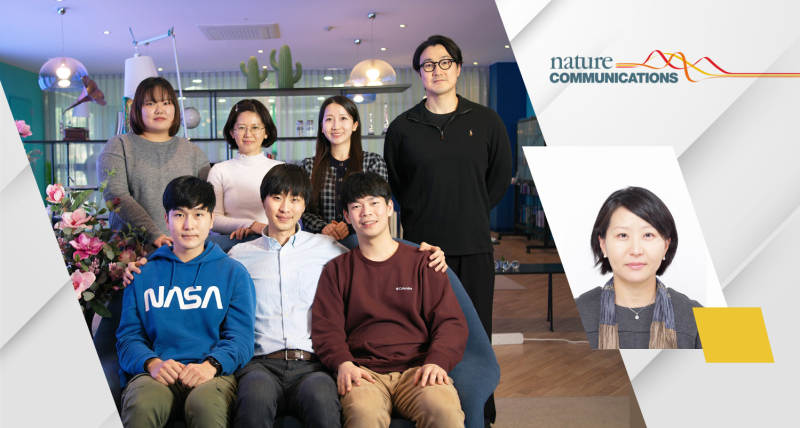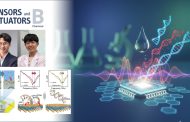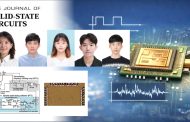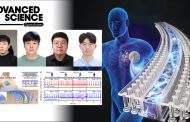A research team, led by Professor Jiyoung Park in the Department of Biological Sciences at UNIST has reported the regulatory pathway mechanism of Neuregulin 1 (Nrg1), a key mediator linking hyperglycemic memory in breast cancer cells with malignant tumor progression.
The research team previously reported that Nrg1 is expressed at low levels in breast cancer cells, and its overexpression is switched on under hyperglycemic conditions. They further identified a distal Nrg1 enhancer region, whose chromatin structure exhibited an open configuration under hyperglycemic conditions, through formaldehyde-assisted isolation of regulatory elements (FAIRE) sequencing. However, little is known about the factors involved in Nrg1 enhancer activation, and how they regulate Nrg1 overexpression in breast cancer cells in patients with diabetes, noted the research team.

Figure 1. Hyperglycemia induces Nrg1 expression and promotes cancer cell proliferation.
In this work, the research team dissected the molecular mechanisms underlying epigenetic regulations of the Nrg1 enhancer that drive Nrg1 overexpression in breast cancer cells under hyperglycemic conditions and define therapeutic strategies for overcoming drug resistance and breast cancer recurrence in patients with diabetes. They used DNA-protein pull-down using Nrg1 enhancer sequence as bait followed by LC/MS and identified RBPJ, as a key component of the Nrg1 enhanceosome.
Furturemore, high glucose-adapted cancer cells and STZ-induced modest-temporary hyperglycemia mouse models were used for in vitro and in vivo studies, respectively. Researchers, then, analyzed public databases and our own data from patients with breast cancer to validate results of the in vitro and in vivo studies.
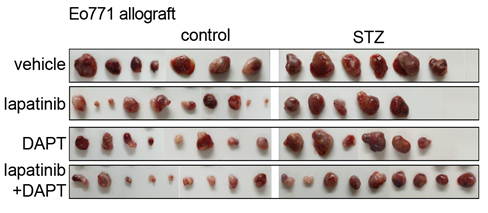
Figure 2. Nrg1 enhancer is required for hyperglycemia-induced tumor progression, and dual inhibition of Notch and HER2 improves response to lapatinib under hyperglycemic conditions.
“[A]lthough the metabolic state of patients is often overlooked, it should be taken into consideration to improve predicted responses and identify patients for whom drug combination therapy would be suitable,” said the research team. “We propose that the diabetic status and NOTCH-NRG1-HER3 axis can be used as prognostic markers to predict responses to HER2-targeted therapy, offering a therapeutic strategy for treating breast cancer patients with diabetes.”
Their findings have been published in the January 2023 issue of Nature Communications. This study has been supported by the Korea Health Technology R&D Project through the Korea Health Industry Development, Basic Research Program, and through the National Research Foundation of Korea (NRF).
Journal Reference
Changhu Lee, Min Kim, Chanho Park, et al., “Epigenetic regulation of Neuregulin 1 promotes breast cancer progression associated to hyperglycemia,” Nat. Commun., (2023).


